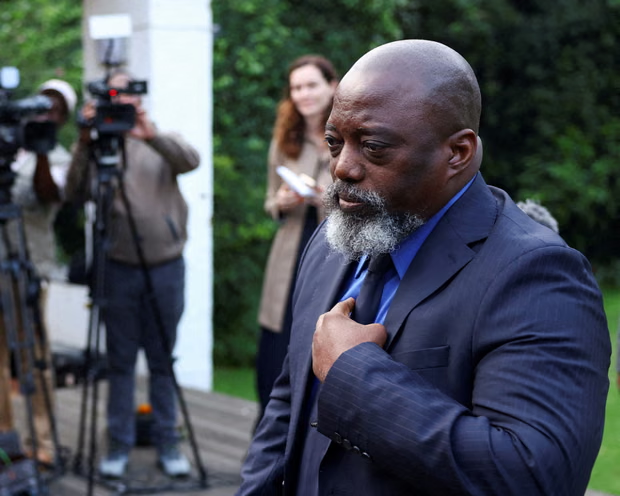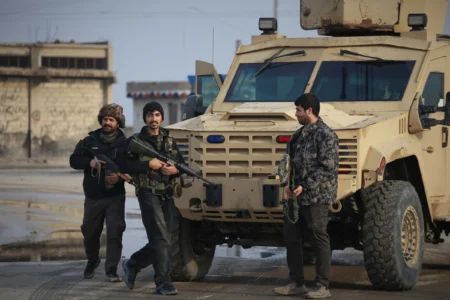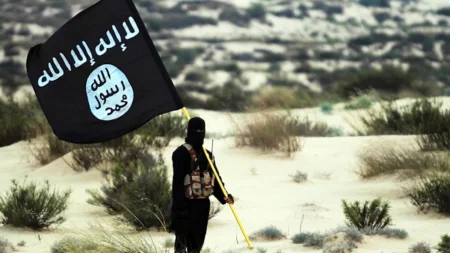A military court in the Democratic Republic of the Congo has sentenced former president Joseph Kabila to death in absentia after finding him guilty of war crimes, treason, and crimes against humanity. The tribunal also ordered Kabila to pay about $50 billion in damages to the state and victims.
The case relates to Kabila’s alleged support for the M23 rebels, who are backed by Rwanda, in the volatile eastern provinces of the country. Kabila, who led the DRC from 2001 to 2019, denied any wrongdoing and called the judiciary politicised.
The trial, held in Kinshasa, saw Kabila neither attend nor be represented by legal counsel. Lt Gen Joseph Mutombo Katalayi, who presided over the tribunal, said the court imposed “the most severe sentence, which is the death penalty,” under Article 7 of the military penal code. Kabila’s current whereabouts are unknown, and neither he nor his representatives were immediately available for comment.
Kabila spent nearly two decades in power and stepped down only after deadly protests. Since 2023, he has been mostly living in South Africa, but he appeared briefly in Goma, a city in rebel-held eastern DRC, in May. His uneasy power-sharing deal with successor Felix Tshisekedi quickly deteriorated, with both leaders blaming each other for ongoing instability.
In February, M23 rebels advanced on Bukavu, DRC’s second-largest city in the east. At the Munich Security Conference, Tshisekedi accused Kabila of sponsoring the insurgency. M23 now controls much of North Kivu and South Kivu provinces. The ongoing conflict has killed thousands and displaced hundreds of thousands of civilians this year. A US-brokered peace agreement was signed in June, but both sides continue to reinforce positions and accuse one another of violating the accord.
Rwanda has long denied supporting M23, saying its forces act in self-defence against DRC’s army and Hutu militias linked to the 1994 genocide. In response to Kabila’s actions and ongoing instability, Tshisekedi’s government has moved to suspend Kabila’s political party and seize the assets of its leaders.
The verdict is expected to deepen political divisions in the mineral-rich country, which has suffered decades of conflict. Observers warn that the death sentence could intensify tensions in the DRC’s eastern provinces and complicate efforts to restore peace in the region.







